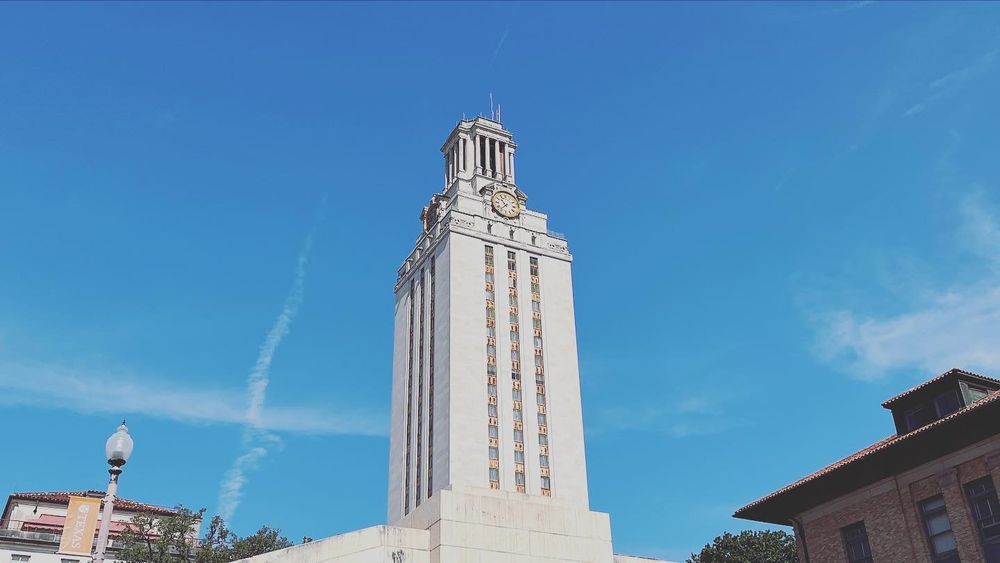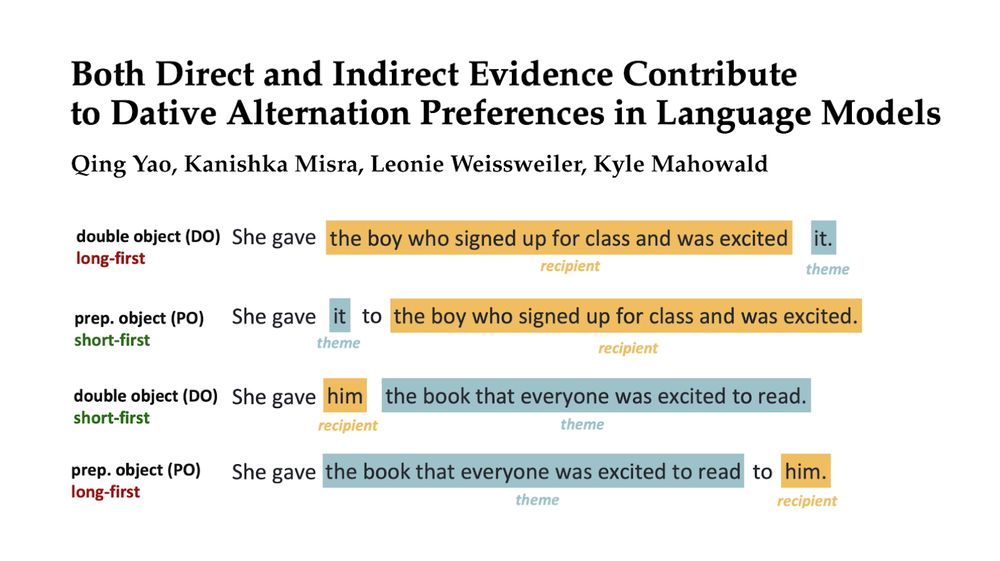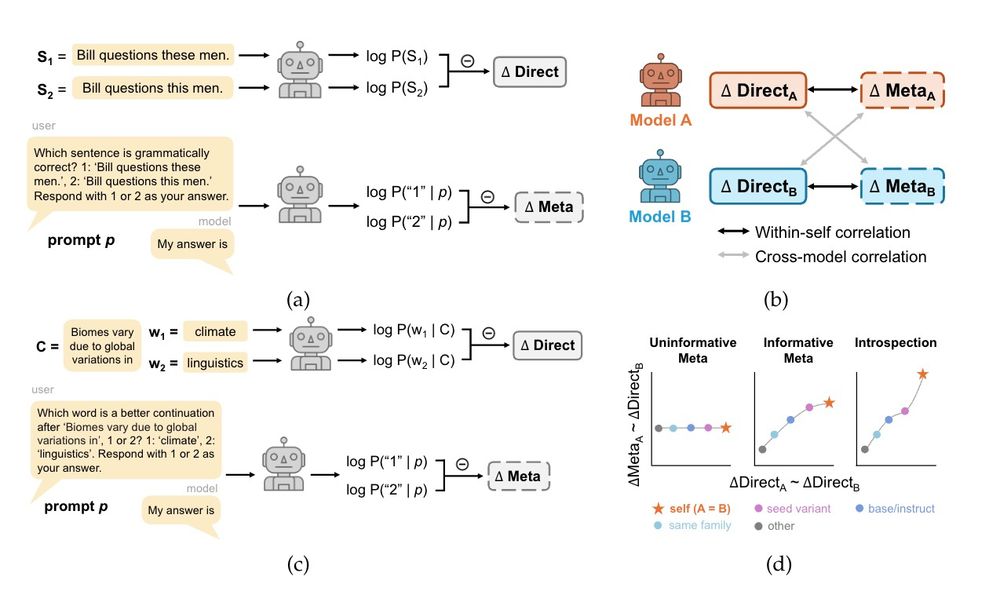Kanishka Misra 🌊
@kanishka.bsky.social
2.5K followers
260 following
200 posts
Assistant Professor of Linguistics, and Harrington Fellow at UT Austin. Works on computational understanding of language, concepts, and generalization.
🕸️👁️: https://kanishka.website
Posts
Media
Videos
Starter Packs
Pinned
Reposted by Kanishka Misra 🌊
Reposted by Kanishka Misra 🌊
Reposted by Kanishka Misra 🌊
Reposted by Kanishka Misra 🌊
Reposted by Kanishka Misra 🌊
Reposted by Kanishka Misra 🌊
Reposted by Kanishka Misra 🌊












